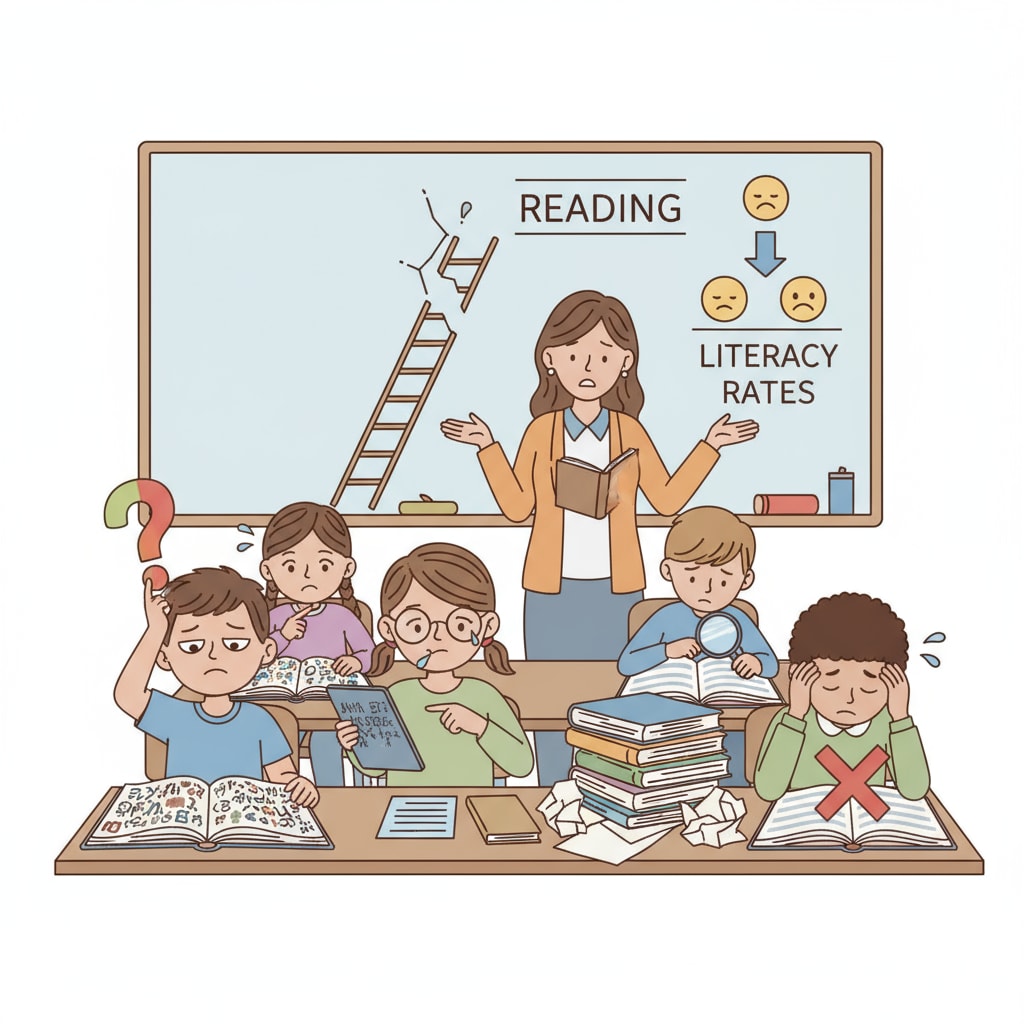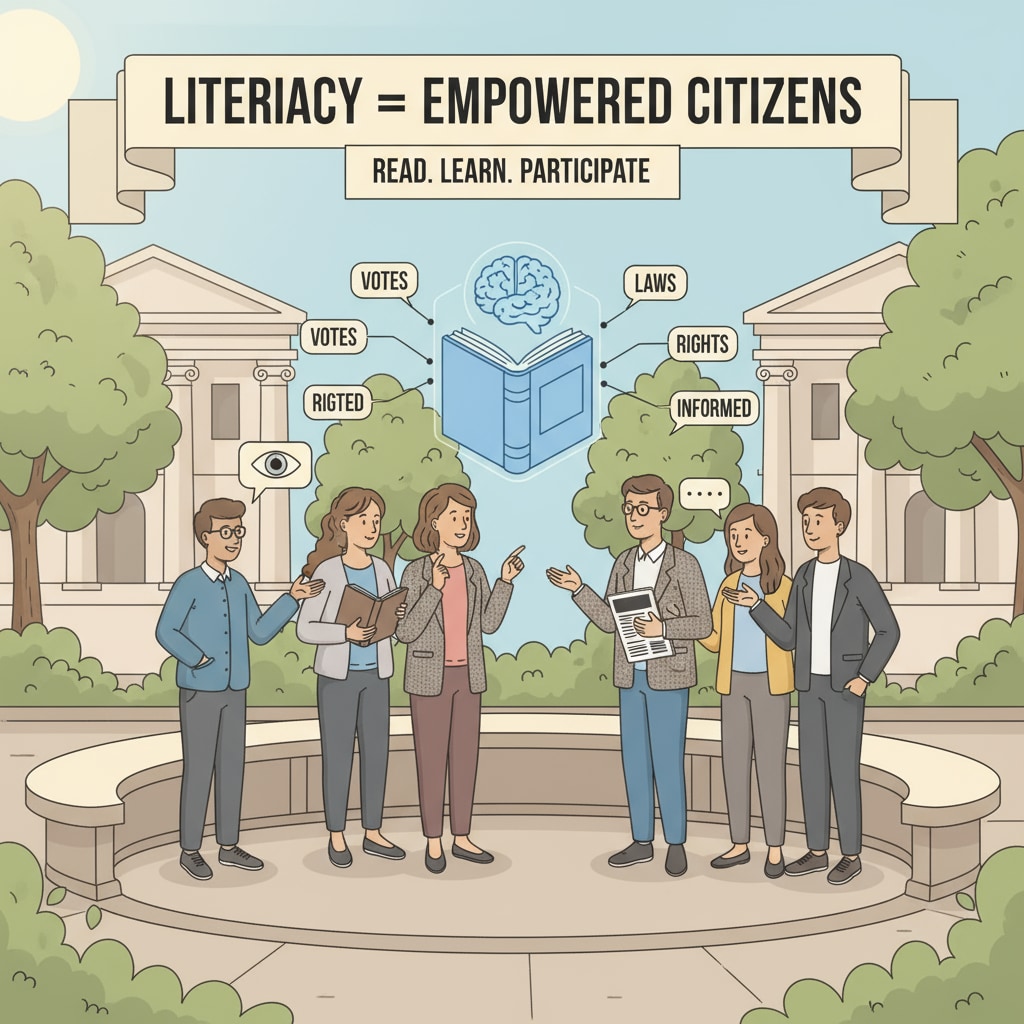In modern society, literacy, democracy, reading, and writing are intertwined in a complex web. The current decline in literacy among K12 students is not just an individual concern but a significant threat to the democratic fabric of society. Literacy is the cornerstone upon which informed citizenship, a vital component of democracy, is built. Literacy on Wikipedia defines it as the ability to read, write, speak, and listen in a way that allows individuals to communicate effectively and make sense of the world around them. When literacy skills decline, the implications for democracy are far-reaching.

The Pillars of Democracy and Literacy
Democracy thrives on an educated and informed citizenry. Reading and writing are essential tools that enable citizens to access information, express their opinions, and engage in public discourse. For example, in a democratic election, voters need to be literate enough to understand the policies and positions of different candidates. Without proper literacy skills, they may be unable to make an informed decision. As a result, the quality of democratic decision-making is undermined. In addition, literacy allows citizens to hold their leaders accountable by reading reports, analyzing data, and communicating their concerns. Democracy on Britannica emphasizes that an informed citizenry is one of the key characteristics of a healthy democracy.

The Impact of Declining Literacy on Civic Engagement
When literacy levels drop, civic engagement often follows suit. Reading is a gateway to knowledge about social issues, political developments, and community affairs. If individuals struggle to read and comprehend written materials, they are less likely to be aware of these matters and participate in relevant activities. Writing, too, is crucial for expressing one’s voice in the public sphere. A literate citizen can write letters to elected representatives, contribute to online discussions, or even start a petition. However, with declining literacy, the ability to effectively communicate one’s ideas and concerns diminishes. This lack of civic engagement can lead to a situation where the democratic process becomes less inclusive and representative.
In conclusion, the decline in literacy in K12 education is a serious matter that demands immediate attention from educators. By recognizing the vital role of literacy in maintaining a healthy democracy and reevaluating the teaching of reading and writing, we can work towards ensuring that future generations are equipped with the skills they need to uphold the democratic values of our society. Literacy, democracy, reading, and writing are inseparable, and safeguarding literacy is crucial for the survival and prosperity of democracy.
Readability guidance: This article uses short paragraphs and lists to summarize key points. Each H2 section provides a clear perspective on the relationship between literacy, democracy, reading, and writing. The passive voice is used sparingly, and transitional words are included throughout to enhance the flow of the article.


